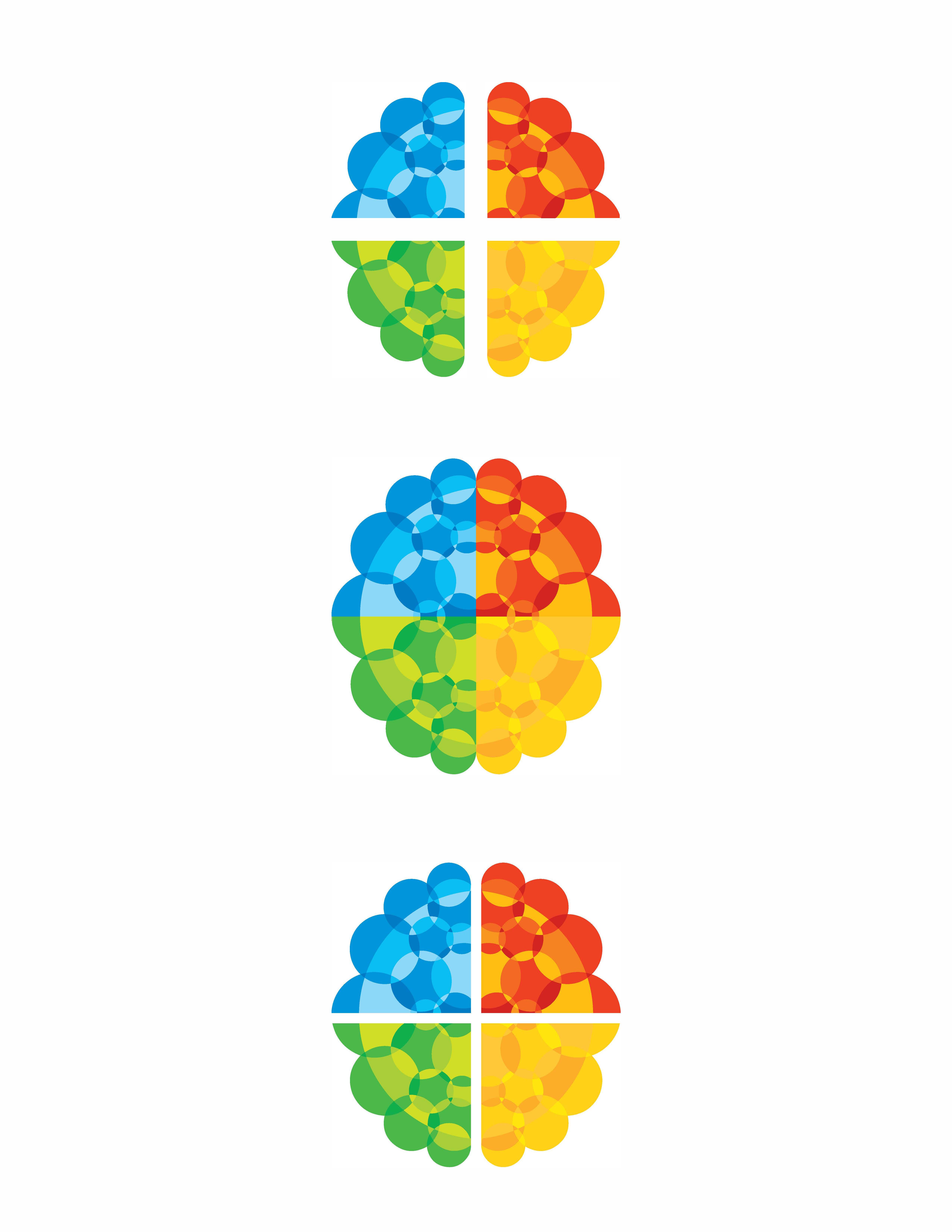Rachel
Start Date
27-4-2023 1:30 PM
Document Type
Poster
Description
An antimicrobial substance that kills or inhibits the growth and replication of bacteria, is known as an antibiotic. Antibiotics are produced in nature by soil bacteria and fungi, giving the microbes an advantage by killing off its competition. Overuse or mis-use of antibiotics leads to antibiotic resistance, which poses a huge threat to our health today. There are currently 6 bacterial species identified, referred to as ESKAPE pathogens putting us at risk of infection due to their multi-drug resistant nature. As antibiotic resistance continues to be on the rise, the hunt for a new antibiotic producing microorganism is as crucial as ever. Through screening soil samples in the microbiology laboratory we hoped to find potential candidates that are antibiotic producing. Soil from South Lake Park had the potential to support a varied and dynamic community of microorganisms. Several promising candidates were available to choose from, but one stood out in particular. Candidate #10 named Rachel, displayed large zones of inhibition when tested against all 6 safe relatives, and produced a pure culture in a streak plate, earning its way to the top. Extended incubation time for screening results is needed for Bacillus subtilis, and Mycobacterium smegmatis to grow and possibly inhibit. Will Rachel have her cover blown, and a new antibiotic producer be unleashed? Without new antibiotic discoveries, antibiotic resistance with increasing death rates will continue to be an issue encountered.
Rachel
An antimicrobial substance that kills or inhibits the growth and replication of bacteria, is known as an antibiotic. Antibiotics are produced in nature by soil bacteria and fungi, giving the microbes an advantage by killing off its competition. Overuse or mis-use of antibiotics leads to antibiotic resistance, which poses a huge threat to our health today. There are currently 6 bacterial species identified, referred to as ESKAPE pathogens putting us at risk of infection due to their multi-drug resistant nature. As antibiotic resistance continues to be on the rise, the hunt for a new antibiotic producing microorganism is as crucial as ever. Through screening soil samples in the microbiology laboratory we hoped to find potential candidates that are antibiotic producing. Soil from South Lake Park had the potential to support a varied and dynamic community of microorganisms. Several promising candidates were available to choose from, but one stood out in particular. Candidate #10 named Rachel, displayed large zones of inhibition when tested against all 6 safe relatives, and produced a pure culture in a streak plate, earning its way to the top. Extended incubation time for screening results is needed for Bacillus subtilis, and Mycobacterium smegmatis to grow and possibly inhibit. Will Rachel have her cover blown, and a new antibiotic producer be unleashed? Without new antibiotic discoveries, antibiotic resistance with increasing death rates will continue to be an issue encountered.


Comments
The faculty mentor for this project was Heather Seitz, Biology.